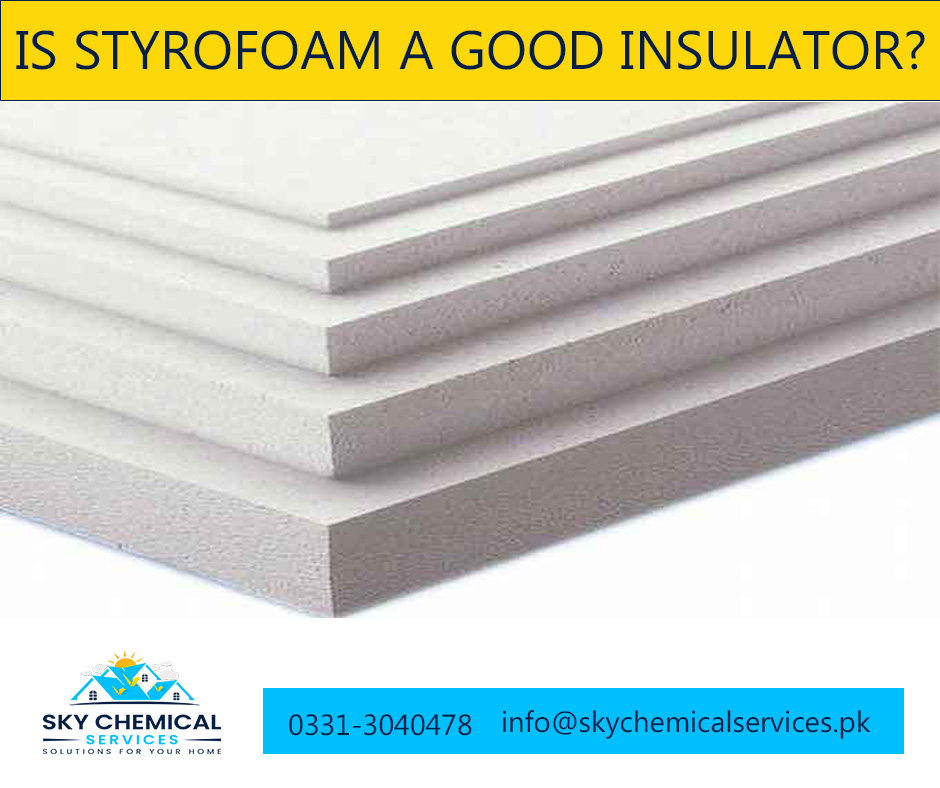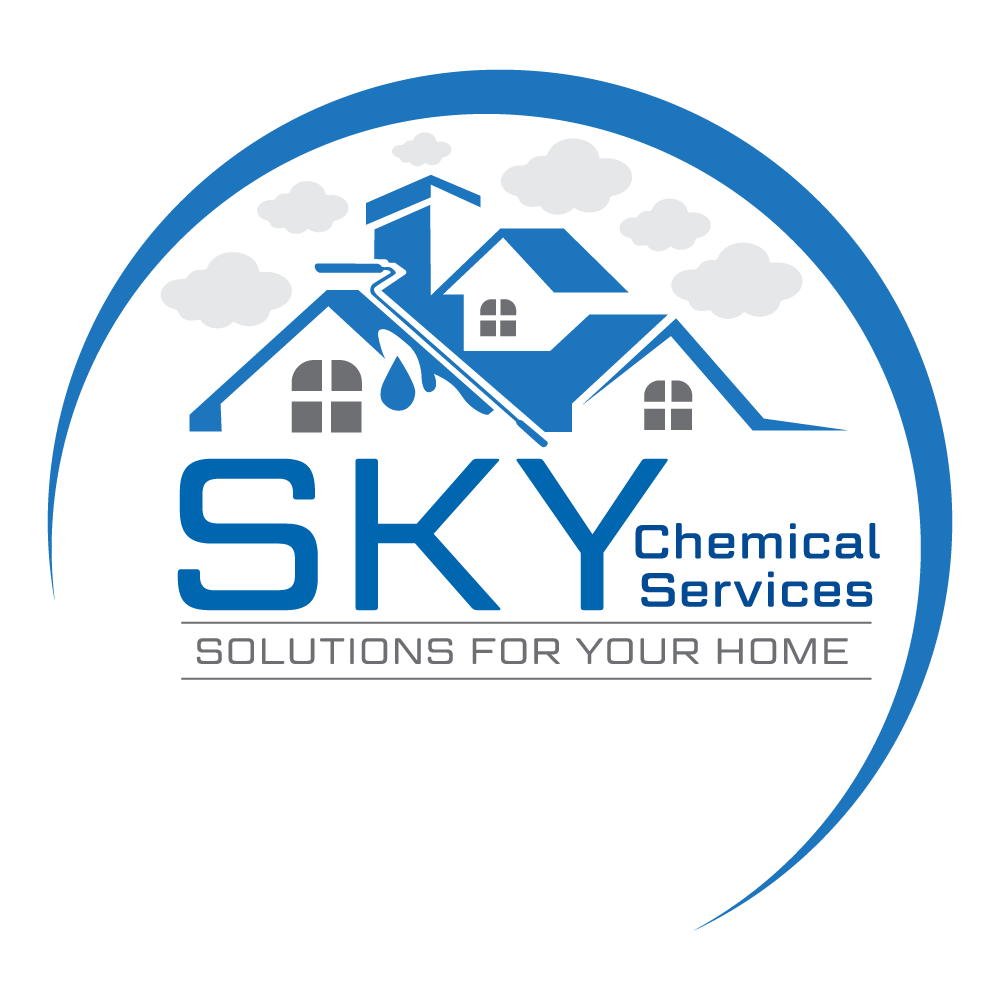
Styrofoam Insulators, also known as expanded polystyrene (EPS), is an effective insulation material for homeowners and proprietors. Minimal thermal conductivity, lightweight, and low cost are some of its features. Styrofoam is optimal for construction, packaging, and other industrial applications.
Composition
Styrofoam comprises 95% air and 5% polystyrene, a combination that ensures efficient entrapment of heat. Technically, the trapped air pockets help to reduce heat transfer through conduction and convection. In addition, it reduces energy losses.
Properties
Versatile
One of the advantages of Styrofoam Insulators is its versatility. It is available in various forms, including rigid boards, foam panels, and molded shapes. Moreover, it is used for different applications, such as insulating walls, roofs, and foundations. Lastly, Styrofoam is lightweight and easy to handle.
Moisture Resistant
Styrofoam is water resistant and durable, when used in specific environments. Its closed-cell structure helps to prevent the absorption of water, reducing the risk of mold and mildew growth. In addition, it does not absorb moisture from the air. Styrofoam can maintain its insulating properties over an extended period; it is a suitable choice for below-grade applications.
Read More
What are the Benefits of Heat Insulation in Karachi?
Types of Thermal Insulation Available in Karachi?
Potential Chemical Exposures to Spray Polyurethane Foam
Low Cost
Styrofoam’s lightweight nature reduces transportation costs significantly. Due to its extensive uses, there is a high demand for Styrofoam, leading to economies of scale and competitive pricing. Styrofoam’s production is a low-energy requirement process.
Limitations of Styrofoam
Non-environment-friendly
It is important to consider the limitations and potential drawbacks of Styrofoam insulation. First and foremost, it is not a sustainable or environmentally-friendly material; it is made from non-renewable resources. Its production process uses noxious chemicals that can be harmful to the environment.
Brittle
Styrofoam is brittle and susceptible to damage, causing it to be a misfit for irregular spaces or tight corners. Care must be taken to avoid any gaps or voids during the installation process. In other words, a continuous and effective insulation barrier is required.
Low Fire Resistance
While Styrofoam is treated with fire retardants during production, it can melt, release toxic gases, and contribute to the spread of flames when exposed to high heat or open flames. Therefore, it is important to consider fire safety measures when using Styrofoam insulation. Adhere to local building codes and regulations too.
Read More
How to Remove Spray Foam Insulation?
Factors on Why Polyurethane Foam is Essential for Homes?
How to Distinguish The Best Roof Leakage Chemicals From Bad Ones?
Applications of Styrofoam
Packaging: Styrofoam’s properties make it ideal for shipping and handling purposes.
Construction: Styrofoam is used in the construction industry for thermal insulation in walls, roofs, and foundations, helping to improve energy efficiency and maintain temperature control in buildings.
Floatation Devices: Styrofoam’s buoyant nature makes it suitable for life jackets, buoys, and other floatation devices.
Craft & Hobby: Styrofoam is popular for arts and crafts projects. It is easy to cut, shape, and glue creative designs. This material is also used in flower arrangements as a stable base for holding and arranging flowers.
Displays & Signs: Styrofoam is used as a lightweight material for creating 3D displays, signs, and props for events and advertising. Moreover, it is used as protective packaging for electronic devices, providing shock absorption and protection during transportation.
Marine and Aquaculture: Styrofoam’s buoyancy and resistance to moisture makes it suitable for marine applications, such as floating docks, buoys, and aquaculture floats.
Conclusion
Because of its lightweight nature, moisture-resistance, and low thermal conductivity, Styrofoam Insulators is considered as an effective and versatile insulator. Its environmental impact, brittleness, fire resistance, and low insulation performance should be taken into account when selecting insulation materials. It is advisable to evaluate different options and consider specific requirements and priorities before choosing Styrofoam or any other insulation material for a particular project. Contact Sky Chemical Services for an appointment today!
